Breeding Program for Success Part 2
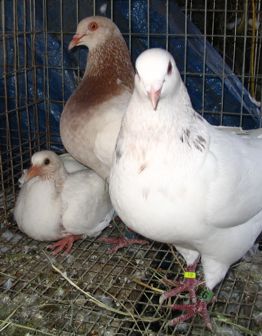 11.One or two pair of proven breeders and their closely related bloodlines (brothers / sisters, etc.) can bring great honor to a fancier for many years. The 3 season young bird race series requires careful planning for the fancier to have his best pairs on young at band sale time.
11.One or two pair of proven breeders and their closely related bloodlines (brothers / sisters, etc.) can bring great honor to a fancier for many years. The 3 season young bird race series requires careful planning for the fancier to have his best pairs on young at band sale time.
12.Give a bird a 3 race series or 4-6 young birds to prove its breeding ability. Good results and it stays, bad results and it goes. If the bird cannot help you to improve your results in the breeding loft, it is of no value to you and you should cull it.
13.“CULL” means regardless of bloodlines, strains, costs, or origin, you must you must eliminate all birds from the breeding loft that are giving you bad results and preventing you from improving. Here are some examples:
A.Cull any birds that are not of superior health and any breeders that do not produce strong healthy young.
B.Cull any breeders if their young are hard to manage or settle.
C.Cull any breeders if their young will not loft fly and train easily.
D.Cull any breeders if their young cannot keep up with the rest of the race team and appear to have no excuse for being late and lazy.
E.Cull any pair in which you have heavy losses and poor homing ability before the race series starts.
F.Cull any birds whose young have not had any success over water (birds that are lost first time over water).
G.Cull any breeders that produce young birds that have poor recovery periods. Birds that take several days to recover from a difficult race are easily lost in the next race.
H.Cull any breeders that produce young that do not possess toughness. This is a trait that fanciers sometimes ignore in their breeding program “TOUGH WEATHER BIRDS” / versatility to adjust to various difficult conditions during a race and to recovery quickly from a tough race.
14.Fanciers must understand that a bird’s ability and potential is influenced by both genetic and environmental factors. We must select birds that have the genetic qualities we need and look for in Taiwan racing (intelligence, vigor, early maturity, navigating ability, compass, homing instinct, motivation, determination, desire, heart and good health). Environmental factors are “man made”, not genetic. Fanciers must recognize that the environment they create for their birds is vastly different and unique to each individual loft. The lofts that are overcrowded, with poor health maintenance programs, inferior diet and nutrition, and lack of sufficient training, place their birds under severe stress and do not allow them to reach their true potential as either racers or breeders. Performance is affected when there is any type of imbalance in the birds’ environment and diet.
15.Like all successful breeding lofts, we must pay close attention to our “BREEDING HENS”. Every bird is an individual and must be treated like one. Pay close attention to each hen’s diet. It is important to have the eggs well formed and smooth. A medication program for all breeders is important, and the fancier who always studies his pigeons and pays close attention to health 365 days a year shall increase his chances for success.
The past several years, several American and European fanciers have all turned to specializing in certain types of races and distances. This seems to be true in the modern world and especially in the pigeon sport. In the past we could find pigeons that were fast at short distances, strength at the middle distances and have endurance for the daylong races. Taiwan fanciers must look for the birds that can fly 100-500 miles in bad weather conditions, extreme heat, temperature changes, difficult land /sea courses and hard changing winds. This is NOT the new modern pigeon of today in America and Europe that specializes at certain distances. Many famous fanciers and strains are known for specific performance. The fancier has developed his birds to adapt to his style of training, conditions in his area, and distances in which they wish to compete (SPECIALTY BIRDS). The pigeon sport has been for many years a commercial sport. Each year there are many pigeons sold and most of them are worth nothing. Today the “COMMERCIAL BEEDERS” breed for sales appeal instead of racing ability. Most of them are only selling feathers with beautiful pedigrees, not quality birds that can handle the tough style of racing in Taiwan. These feather merchants have taken advantage of many and caused a big disaster in the breeding of quality racers. Most of the time, their large advertising campaigns are 100% better than the birds they offer.
It should be the fancier’s choice to breed from a bird that flies the race series, or a major part of it, and shows its ability to handle the conditions of the race course, in hopes that it will pass on the same desirable qualities to next generation. AVOID THE COMMERCIAL BREEDER BIRDS! To breed this type of unproven bird is always a big risk, with little success. Always select your breeders from bloodlines of families that have already proven themselves to be successful in Taiwan’s tough style of racing, especially in the area in which you race (North, Central, or South Taiwan). Genetics have proven that “Likes Breed Likes”.

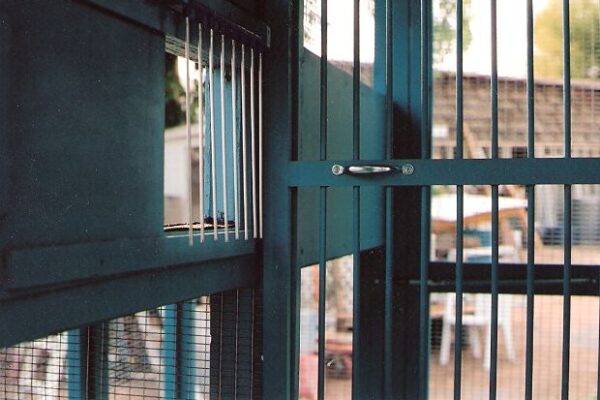
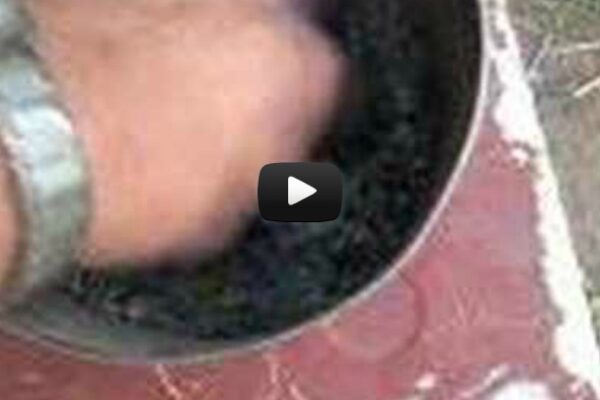
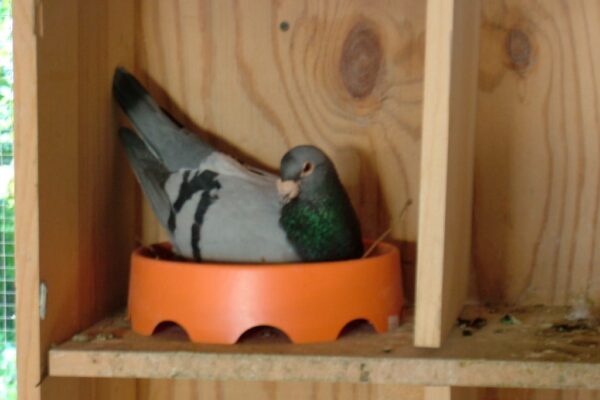
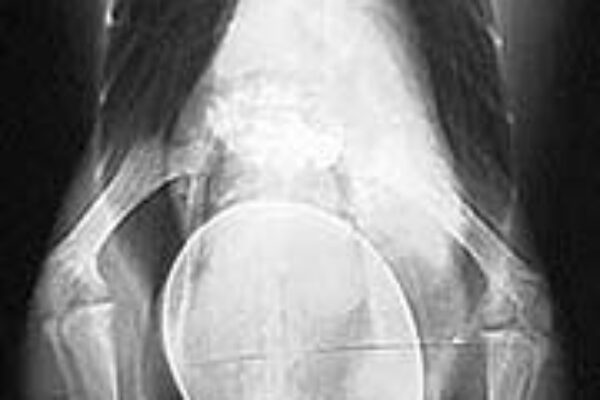
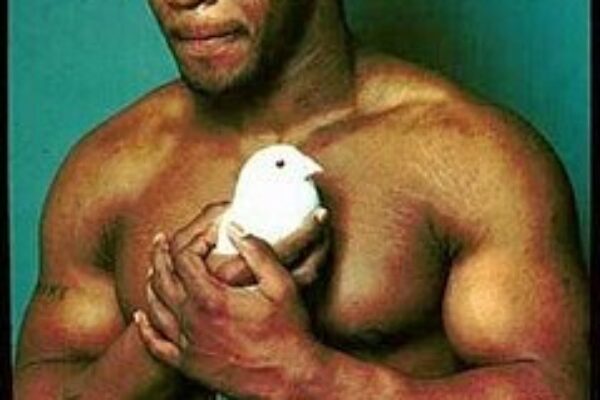

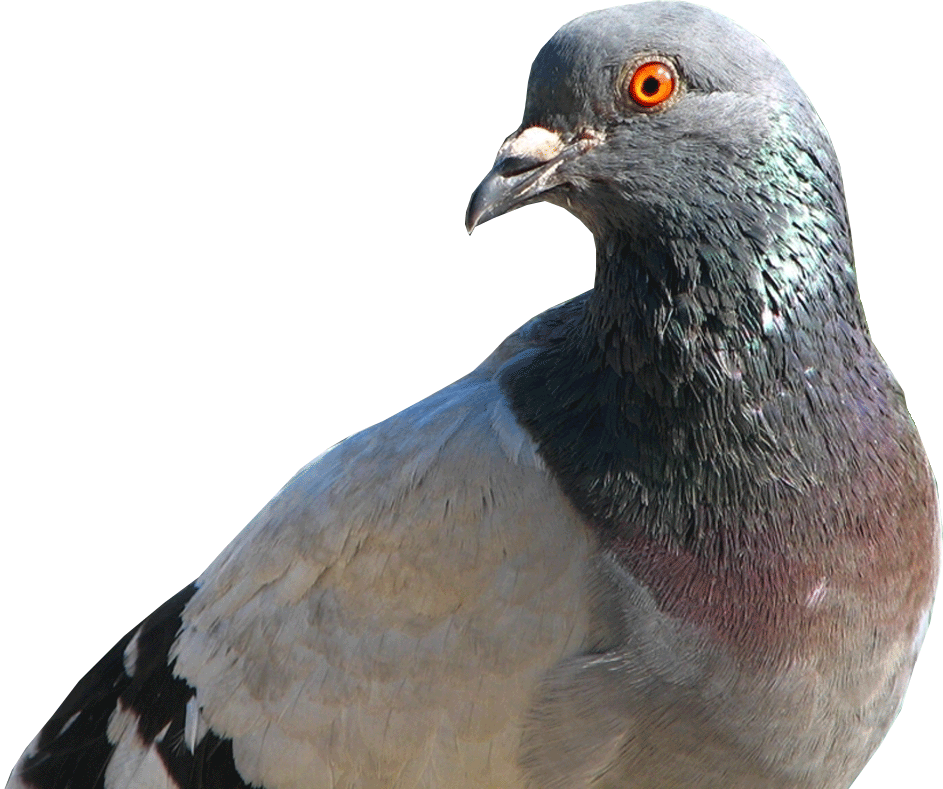
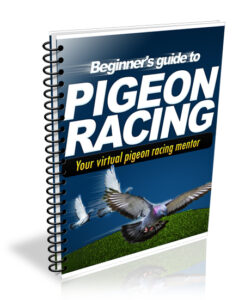
culling is the hardest part to do , except you hate it so much o you lose so much from that bird.
HI All i Do agree on all the above.